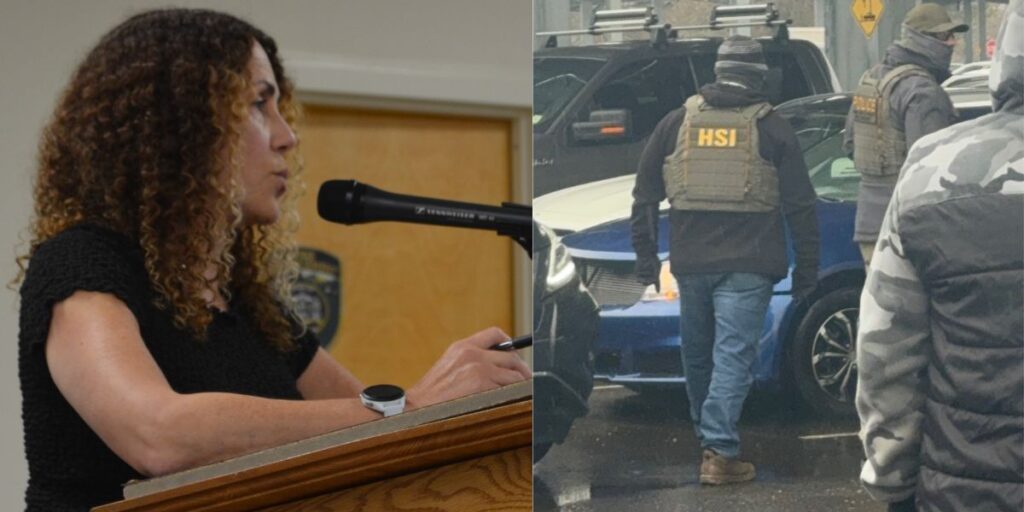Cannabis taxes will add funds to county and town coffers

With the imminent opening of two cannabis dispensaries — Strain Stars on Kromer Avenue and BeLeaf in Calverton — the Town of Riverhead is poised to take in significant sales tax revenue over the coming year.
In total, each cannabis sale incurs a 13% tax. This is broken down between local and state governments.
The state portion of the tax is 9%, 40% of which goes to support education funding statewide.
Another 40% of the state’s portion goes into the community reinvestment program, which awards grants to qualified, community-based nonprofits and local governments to support efforts such as job placement, health care, housing, childcare and workforce initiatives. The first round of grants will be open to groups that serve young people up to age 24.
The final 20% of the state’s share goes to drug treatment and public education statewide. This revenue will support the development of public health education and prevention campaigns and provide substance use disorder treatment programs for adults.
Of the remaining 4% of the 13% sales tax, 25% goes to the county and 75% goes to the town. Unlike the state revenue, there are no restrictions on how this revenue can be spent.
The Town of Riverhead could use the local revenue as a sort of “community fund,” according Supervisor Tim Hubbard. “We’ve got parks that need repairs, and we can’t use money from the rec advisory committee. That money is for development projects. We can’t use those for repairs. We can only use it for capital projects,” he said. “It’s nice to get money to build the project, but eight, 10, years later when it needs repair work, we need money to repair them. These would be areas where we’d be looking to use that money, but we have to sit down as a board and have a discussion.”
As of August, the Town of Babylon, where the first dispensary on Long Island opened in April, had collected $1.2 million in tax revenue from cannabis sales. In an emailed statement, the town said it plans to use that revenue to build a second location of the Beacon Family Wellness Center, a chemical dependency treatment agency for residents.
“Even if there is no dispensary in your community, you could still benefit from the legal cannabis sales tax through the statewide sales tax. We recently started our first round through our community reinvestment grant program, where we’ll be taking $5 million of tax revenue and giving out 50 $100,000 grants,” said Taylor Randy Lee, press and public affairs and community outreach coordinator for the state Office of Cannabis Management.
The current round of grants will go to youth-focused groups in communities disproportionately impacted by prior drug policies. An interactive map identifying these communities can be found at cannabis.ny.gov. Applicants need not be affiliated with any cannabis-related business or activity. Award recipients are chosen by the state Cannabis Advisory Board, which is accepting grant applications for the current round through Friday, Dec. 13, at 5 p.m. Visit cannabis.ny.gov/reinvestment for more information.









